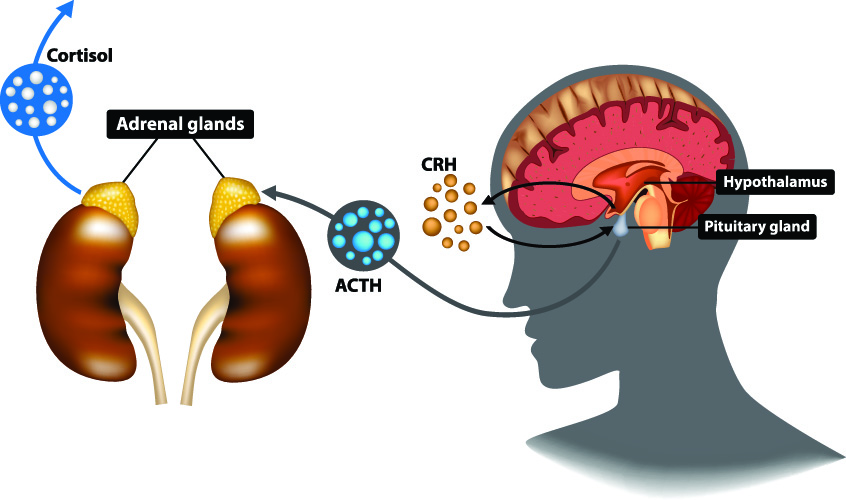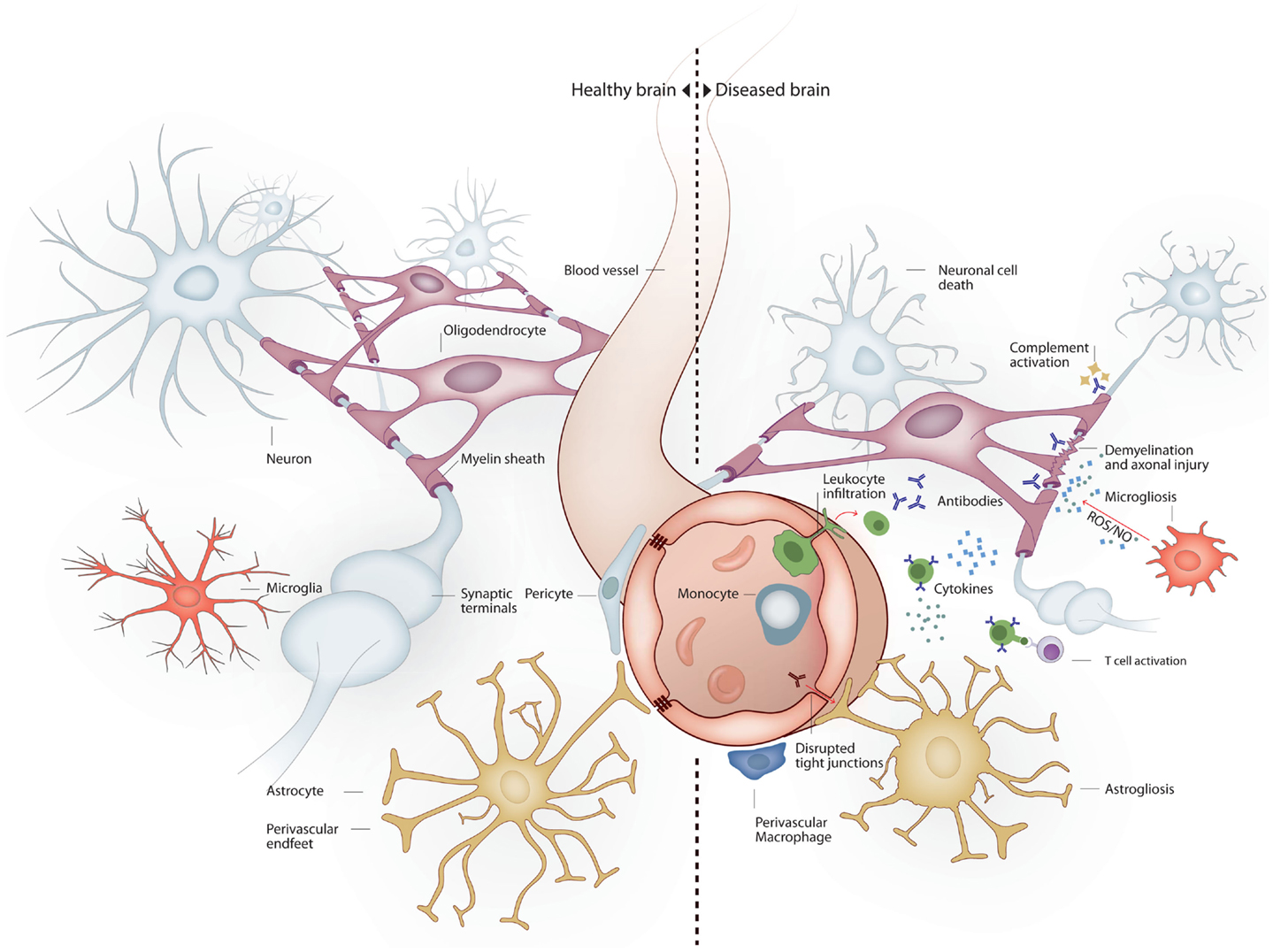In today’s fast-paced world, stress has become an increasingly prevalent aspect of our lives. Whether it stems from work pressures, relationship challenges, or financial concerns, psychological stress has a profound effect on our overall well-being. However, beyond its immediate psychological implications, emerging research has shed light on the intricate relationship between psychological stress and the brain. This article delves into the fascinating realm of neuroscience, exploring how stress impacts the brain and unraveling the implications for our mental and physical health.
Inside the Mind: Understanding the Impact of Psychological Stress on the Brain

The Brain’s Stress Response Mechanism:
At the heart of the brain’s response to psychological stress lies the intricate interplay between the hypothalamic-pituitary-adrenal (HPA) axis and the limbic system. This section delves into the neurobiological processes that occur when the brain perceives stress, including the release of stress hormones, such as cortisol, and the activation of brain regions involved in emotional regulation and memory formation.
Structural and Functional Changes:
Research has shown that chronic psychological stress can induce structural changes in the brain. The hippocampus, a crucial region for learning and memory, is particularly vulnerable to stress-related alterations. This section explores the impact of stress on hippocampal volume, neurogenesis, and synaptic plasticity, highlighting the implications for cognition and mental health.
Altered Neurotransmitter Balance:
The brain’s intricate network of neurotransmitters plays a crucial role in regulating mood, emotions, and stress responses. Chronic psychological stress can disrupt the delicate balance of neurotransmitters, such as serotonin, dopamine, and gamma-aminobutyric acid (GABA). This section delves into the effects of stress on neurotransmitter systems and discusses the potential links to mood disorders, anxiety, and depression.
Inflammatory Responses and the Brain:

Mounting evidence suggests a bidirectional relationship between psychological stress and inflammation. Stress triggers an inflammatory response in the body, which can have detrimental effects on the brain. Chronic inflammation has been associated with neurodegenerative disorders, cognitive decline, and mental health conditions. This section explores the mechanisms underlying the stress-inflammation-brain connection and its implications for brain health.
Cognitive Impairment and Memory Dysfunction:
Psychological stress has been shown to impair cognitive function and memory. Chronic stress can disrupt attention, executive function, and working memory, impacting our ability to concentrate and make decisions. This section delves into the underlying neural mechanisms and discusses strategies to mitigate stress-related cognitive impairment.
Protecting the Brain: Strategies for Stress Management:
Understanding the impact of psychological stress on the brain opens the door to developing effective strategies for stress management and resilience. This section provides evidence-based techniques, including mindfulness meditation, cognitive-behavioral therapy (CBT), exercise, and social support, highlighting their potential to protect the brain against the damaging effects of stress.
The Impact of Chronic Stress on Brain Aging:
Recent studies have highlighted the detrimental effects of chronic psychological stress on brain aging processes. Prolonged exposure to stress hormones and inflammation can accelerate cellular aging and contribute to the development of age-related cognitive decline and neurodegenerative diseases. This section explores the intricate relationship between stress, brain aging, and the potential mechanisms involved, emphasizing the importance of stress management for maintaining brain health throughout the lifespan.
Read also: Effects of chronic stress on mental and physical well-being
Epigenetic Modifications: Stress Leaves a Mark on the Brain:
Beyond its immediate effects, psychological stress can induce lasting changes in the brain through epigenetic modifications. Epigenetic mechanisms regulate gene expression patterns without altering the DNA sequence. Chronic stress can lead to modifications in gene expression within the brain, affecting stress reactivity, synaptic plasticity, and mental health. This section delves into the emerging field of stress-related epigenetics, shedding light on the long-term consequences of psychological stress on the brain.
The Role of Resilience in Stress Adaptation:
While chronic psychological stress can have detrimental effects on the brain, not everyone responds to stress in the same way. Resilience, the ability to bounce back from adversity, plays a crucial role in stress adaptation. This section explores the neural mechanisms underlying resilience and discusses how promoting resilience can buffer the brain against the negative impact of stress, fostering mental well-being and overall brain health.
Translational Implications: From Research to Clinical Practice:
Understanding the impact of psychological stress on the brain has profound implications for clinical practice. This section highlights the potential applications of this knowledge in the prevention, diagnosis, and treatment of mental health disorders. It discusses how incorporating brain-based assessments and interventions into clinical practice can enhance the effectiveness of therapeutic approaches, leading to more targeted and personalized treatments for individuals experiencing psychological stress.
Unraveling the impact of psychological stress on the brain provides valuable insights into the intricate relationship between our mental and physical well-being. By understanding the neurobiological mechanisms underlying stress, we can develop innovative strategies for stress management, resilience-building, and brain health promotion. The evolving field of stress neuroscience holds great promise for improving our understanding of stress-related disorders and revolutionizing approaches to mental health care.
Must Read: Feeling Younger Than Your Age: The Link Between Subjective Age and Healthy Aging










Leave a Reply